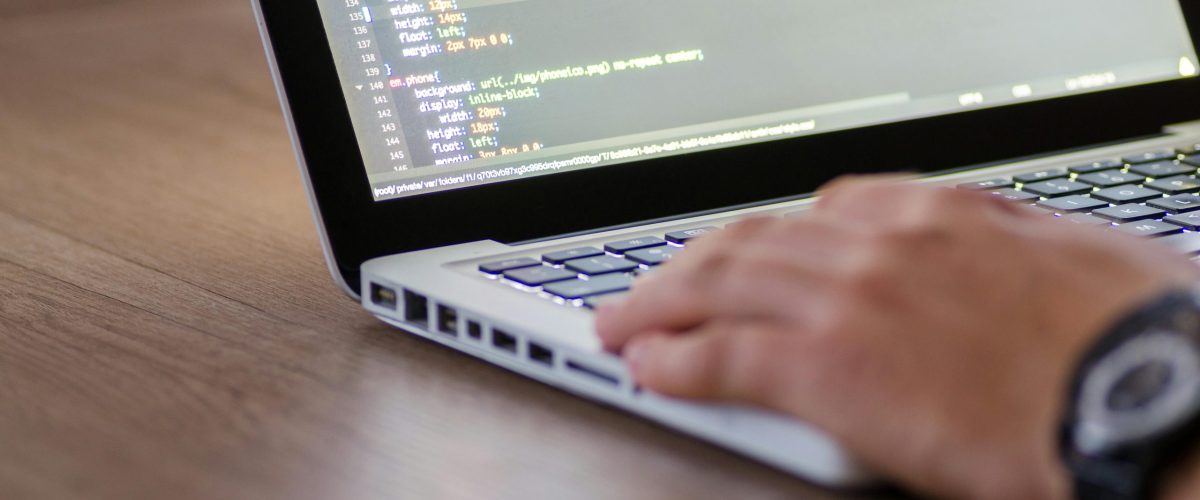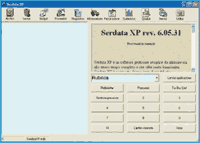All it takes is a card, the size of a credit card, to be able to monitor the activity of operators on the various construction sites precisely

The cleaning company sector in Italy is fragmented into numerous small and medium-sized companies, which operate in a highly competitive context. Earnings margins are often reduced, making accurate business management essential to maintain balance between quality, profitability and competitiveness. To measure the health of a company, the number of contracts is not enough, but a complete vision is needed that considers variables such as employees, hours of work, operating costs and overall budget.

Effective business management requires precise budgets and constant monitoring dof the health of the enterprise.
Paolo Fasoli, co-owner of Geo Servizi, is a convinced supporter. Geo Servizi, active since 1992 in Verona, has one hundred employees working on seventy construction s in various sectors: civil, industrial, hospital and large-scale retail trade cleaning, with ordinary and extraordinary interventions.
“Every day we manage around seventy shipyards, guaranteeing quality, punctuality and continuity in supplies”, explains Fasoli. The organization includes part-time teams for civilian cleaning and full-time operators for extraordinary interventions.
“Fragmentation requires extreme attention – minimal distraction can cause you to lose control of costs.”
To better manage operational complexities, Paolo Fasoli adopted SERDATA in 1998, a software developed by Project, a Brescia-based company that is a pioneer in creating IT tools for cleaning companies.
SERDATA, made up of four integrated modules, manages attendance, budgets, estimates, supplies, consumption, inventories, invoicing, and monitoring of vehicles and equipment, offering complete control of activities.
“Thanks to SERDATA we can analyze construction costs and profitability in real time”, explains Fasoli.
“This allows us to decide which contracts to keep and which to abandon. Moreover, integration with an accounting programme allows us a detailed view both operational and economic.”
The modularity of the software represents added value, adapting to the growing needs of the sector.
To optimise attendance management, Smartjet was introduced, a module that complements SERDATA by improving the allocation of departments and schedules to employees.
Thanks to a system of smartcards and readers installed on construction s, staff precisely record entry and exit times. The collected data is automatically transferred to SERDATA, allowing detailed daily, weekly or monthly monitoring.
“Smartjet has reduced administrative work by 70% and guarantees a precise calculation of actual hours,” says Paolo Fasoli. “This allows us to control labour costs, the most significant item for a firm like ours, by optimising resources and improving operational efficiency.”

Thanks to its flexibility and ability to integrate with various business functions, Serdata allows you to effectively manage staff attendance, budgets, supplies, materials and equipment. The main innovation lies in its integration with the Internet, which allows data to be updated directly from construction sites in real time using portable devices.